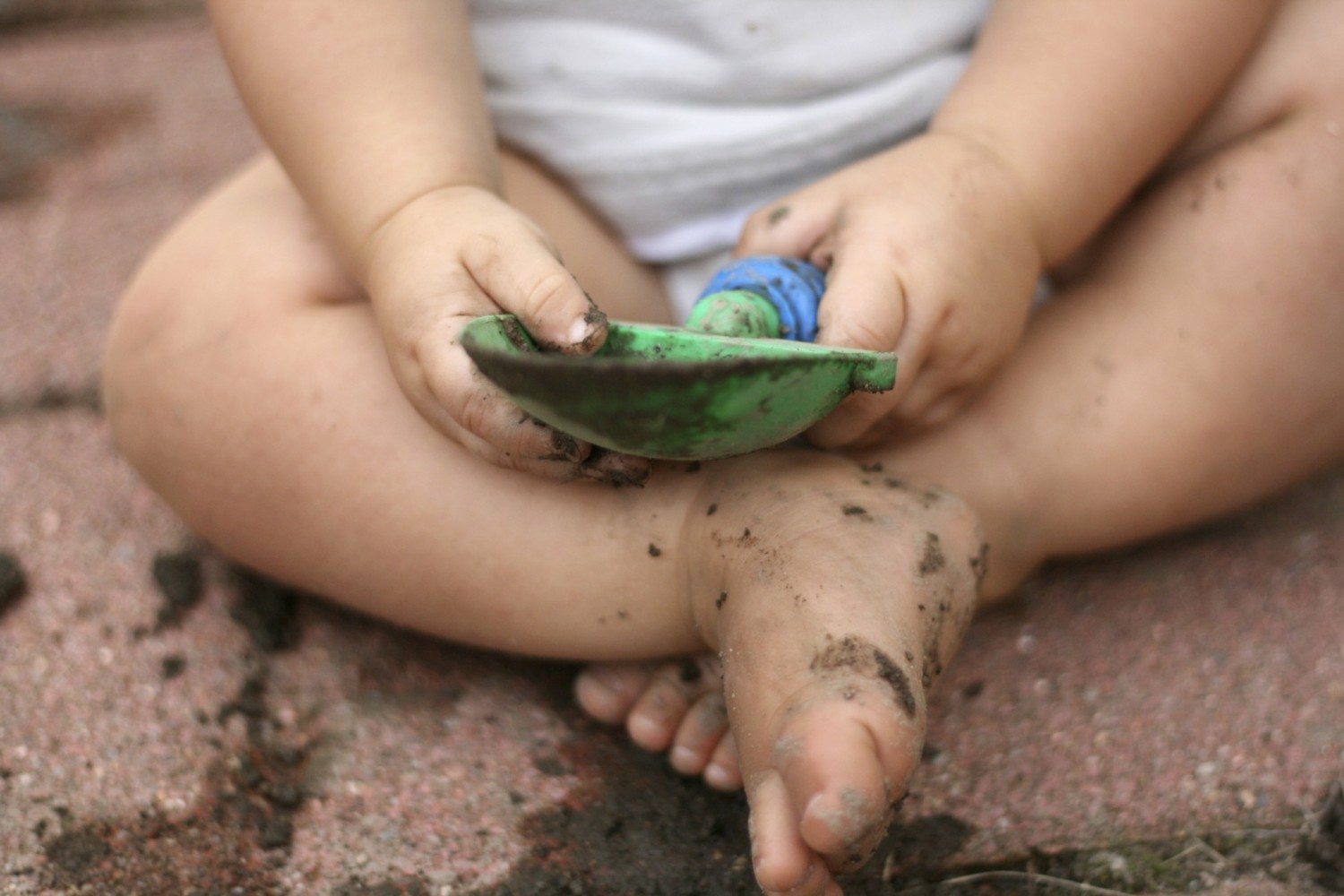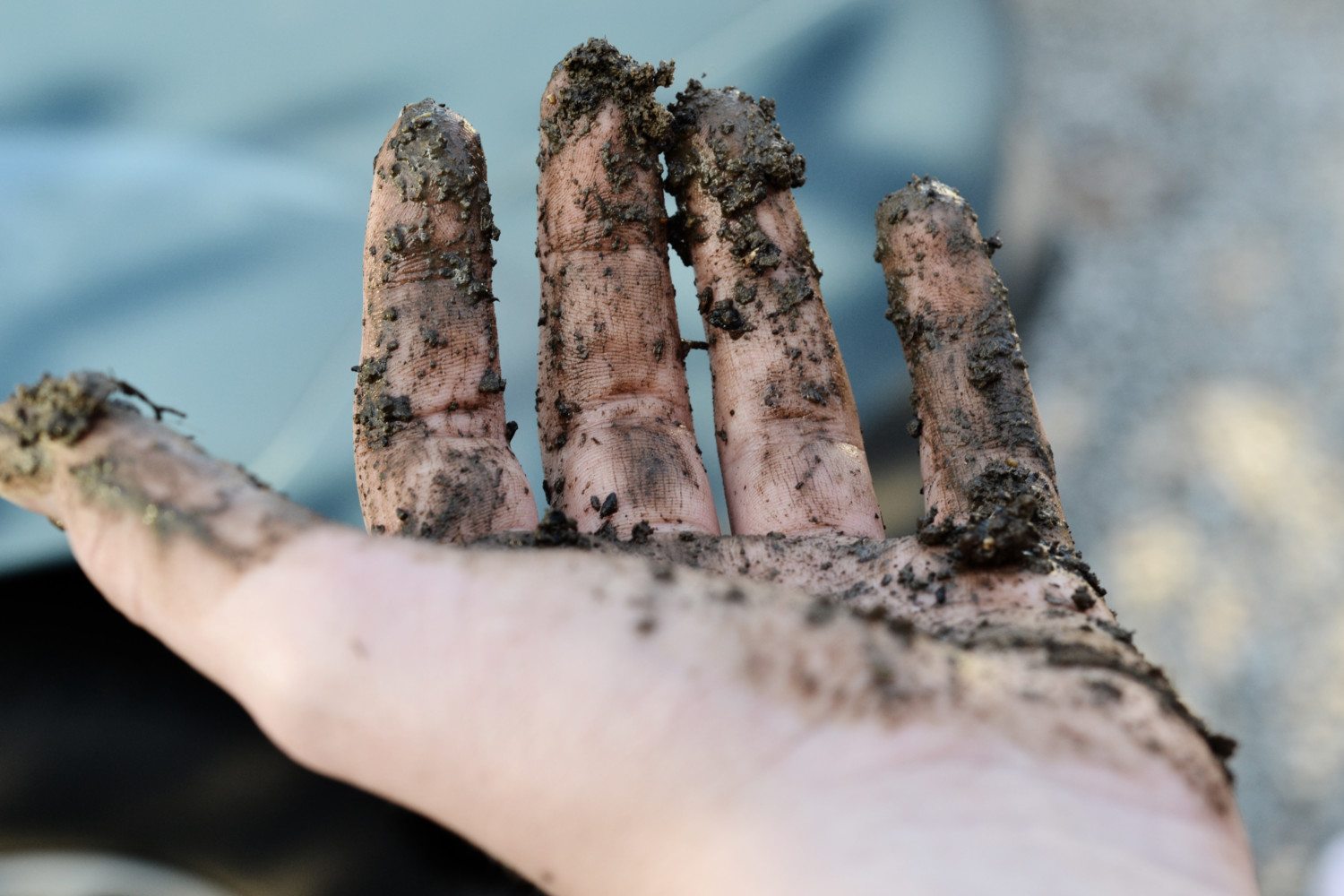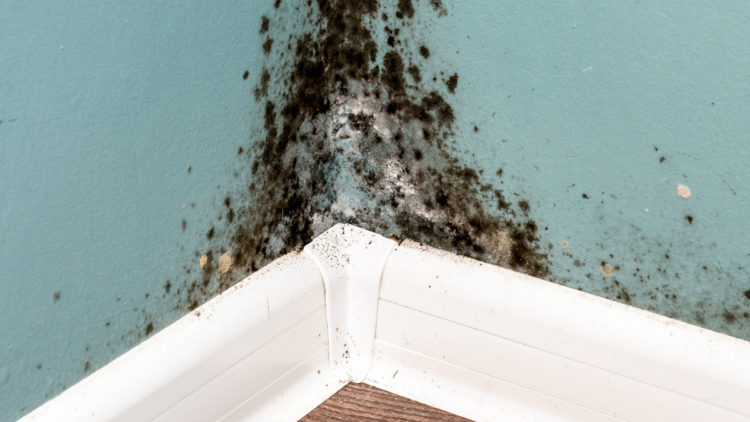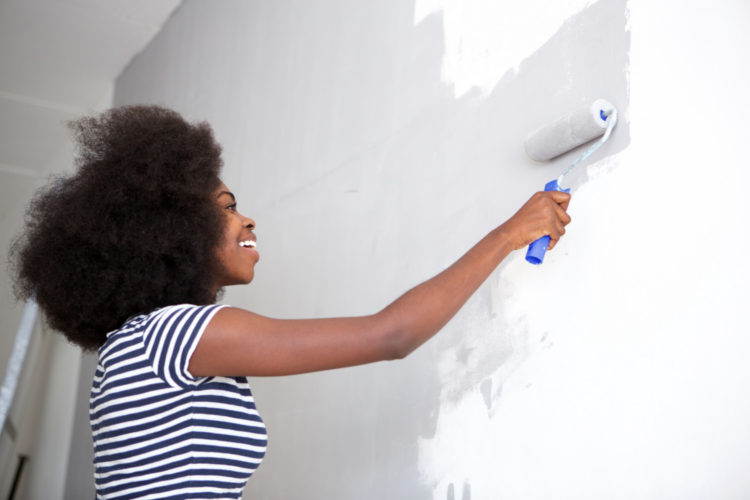Playing in dirt as a kid can lead to improved adult health
When I was a kid, one of my favorite things to do outside was dig in the dirt. My friends and I would spend hours with shovels, toy cars, rocks or whatever and have a blast. Today, parents seem to do whatever they can to prevent their kids’ hands from getting even a little bit dirty. After all, who wants their kids all messy and germy?
But scientists want us to know we’re being silly. It turns out that getting dirty can help improve kids’ health in the long run!
Scientists Suggest Playing In Dirt
We all know that sending the kids outside to play has health benefits, because it helps them stay active. However, actually getting into the dirt can also benefit children through germ exposure.
Confused? I mean, aren’t we supposed to avoid germs to stay healthy?
Not so fast, says Chris Kuzawa, an anthropologist from Northwestern University. After his own research work in Africa, and after studying data from the Philippines, he and his colleague, Thom McDade, were able to show how our bodies adapt to the world around us.
“Prior research had shown that being exposed to certain types of germs and parasites during early life might, somewhat paradoxically, reduce one’s risk of suffering from allergy later in childhood and adulthood,” Kuzawa said in an interview with the university. “Our research in the Philippines extended this work by investigating whether inflammation—another aspect of immune function that has broad health impacts—might also be altered in response to these exposures.”
In other words, our body builds up long-term immunity protection once it gets exposed to dirt and germs. This, in turn, helps us fight off illness and disease in the future.
McDade compares a child’s exposure to germs to language development. “The developing immune system is similar to the brain,” McDade said. “No one questions that a baby needs exposure to language to drive the neurological processes that underlie the development of speech. The immune system is similar; its development is driven by exposures from the environment. In this case, the key exposures are microbial. Without those exposures, it doesn’t work quite right.”
Antibacterial Overload?
But today’s society lives for hand sanitizer and antibacterial soaps, and is focused on keeping everything squeaky clean. But our zealous quest for clean may actually hurt more than help us. Recent studies show that our dependence on these products do not allow our children’s systems to process “diverse microbes.” Without exposure to these germs, their bodies cannot easily fight off conditions such as asthma, allergies and obesity.
Plus, the overuse of hand sanitizer can lead to germs building a resistance to the cleaner. Once that happens, the product no longer works anyway.
So reserve hand sanitizer use for meal times and bathroom breaks. Other than that, let the kids stay a little dirty. It’s actually good for their health!







